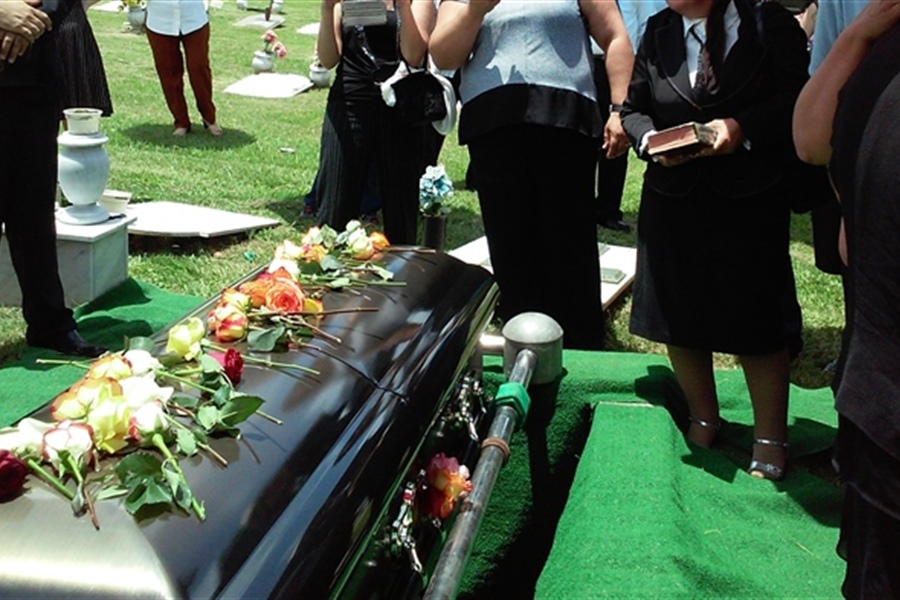
If you've considered preplanning your funeral, you're not alone. As people live longer, they want to ensure that their loved ones have few decisions to make when they do past. It is also common for those with a terminal illness to want to take back some control and make decisions regarding their funeral also.
There is a lot to consider, and two of the best sources of information are from those in the industry; funeral directors and funeral celebrants. We've made a list of the common things that you should be thinking about before you make contact with your chosen funeral home and celebrant:
- Organise the funeral flowers, what colour, the arrangement, funeral wreath, from what florist.
- Work out a budget of how much a funeral costs and shop around to try and get the best deal that you can spend on in terms of flowers, funeral celebrant, casket and reception.
- Choose the right person to lead the funeral, be it a celebrant, priest, or someone else that you would feel most comfortable with.
- Will there be a viewing or not before the funeral?
- Important questions such as Will there be a burial or a cremation? Where will the person be buried? Will it be in a cemetery or somewhere else? Do you need to buy a plot of land for your burial site? If you are cremated where will your ashes be scattered?, Will they be kept in an urn?
- Choose the right photos that you would like to be used on the printed order of service.
- Organise transport for the casket to and from the funeral service.
- Do you have funeral insurance to cover the costs of your funeral, so your family does not have to worry? Or are there funds elsewhere? You may even want to prepay everyone involved.
- Will there be a reception or wake after the funeral?
- Organise all correct information for your death certificate will to express their last will and testament, choose an executor and have this drawn up by a solicitor.
- Consider the right songs that would suit you the best and choose poems, readings or prayers that you would like to be read.
- Decide on the type of ceremony, is it religious or non-religious and where you would like to hold the funeral is it in a church or crematorium hall?
- Who would you like to come to your funeral?
- Any pre-recorded messages to be read out or videos broadcast to the audience.
- Consider what other people would like to say or do for the funeral.
- Organise the roles of people for example to say prayers, poems, eulogies and to be pallbearers.
Spending time planning your funeral now can save heartache and tough decisions for those who will be left behind. While you don’t need to share your wishes with others if you are prepaying and organising through a funeral director, having a talk about what you want with your family can make things easier when the time comes.


